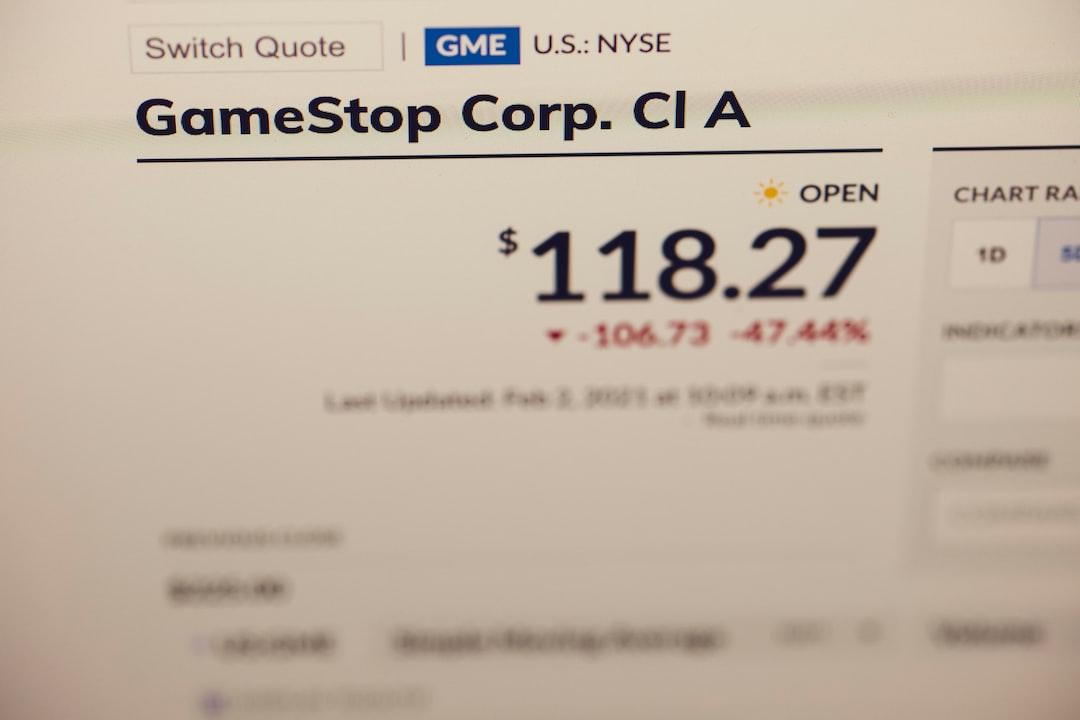During a recent Cointelegraph AMA, Denis Vasin, the co-founder and lead developer of Storm Trade, introduced his innovative project as the first leverage trading platform native to Telegram. Through Telegram’s wallet, users can seamlessly connect and start trading using Storm’s mini-app. Denis emphasized the simplicity of the platform, stating, “With Storm, we aim to bring financial freedom to Telegram users.”
The idea for Storm Trade was born during the initial TON hackathon, where Denis presented a prototype for a perpetual DEX on the TON blockchain. The project’s success led to continued development, supported by funding from TONcoin.Fund (formerly TON Ventures). Since its launch on the TON mainnet, Storm Trade has seen remarkable growth, with daily trading volume reaching $5-20 million in just four months, a figure that is doubling monthly.
Storm Trade offers a user-friendly mini-app within Telegram optimized for mobile users. It enables users to place limit orders, market orders, and implement automated trading strategies. The platform focuses on established, blue-chip assets with high liquidity, aligning with Telegram and TON’s objectives of mass adoption.
Unlike traditional DEX models, Storm Trade simplifies assets by having liquidity providers offer only one asset for all trading pairs. This approach eliminates the need to manage multiple assets across various pools, resulting in higher liquidity utilization rates. The platform utilizes TON and USDT pools for settlement, ensuring efficient liquidity management.
Utilizing oracle solutions like Pyth Network for accurate pricing data, Storm Trade implements a funding rate system to manage risk for liquidity providers and maintain stability in its perpetual futures contracts. Safeguards such as maximum spread limits are in place to prevent trading in case of significant deviations in oracle data. The platform undergoes regular audits by the TON technical team and external firms to identify vulnerabilities in its smart contracts.
In contrast to Telegram trading bots, Denis highlighted that Storm Trade is more user-friendly and aimed at a general audience. The platform provides a one-click setup for easy trading, with a noncustodial approach that prioritizes user security and privacy.
Denis expressed his admiration for TON’s potential as a blockchain for mass adoption, citing its user-focused design and seamless integration with Telegram. He emphasized TON’s scalability and user-centric approach, contrasting it with other blockchain platforms.
Acknowledging the challenges of developing on TON due to its unique programming patterns and technical complexities, Denis remains optimistic about the platform’s future. The upcoming TGE of the STORM token is expected to further enhance trading data and enable future developer expansion, with plans for protocol improvements and social trading features post-token launch.
For more information on Storm Trade, please visit their website.
Disclaimer: This article does not constitute investment advice, and readers are encouraged to conduct their research before making any decisions related to the company mentioned.

